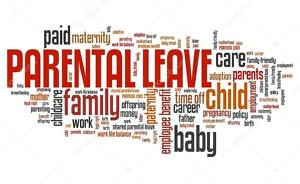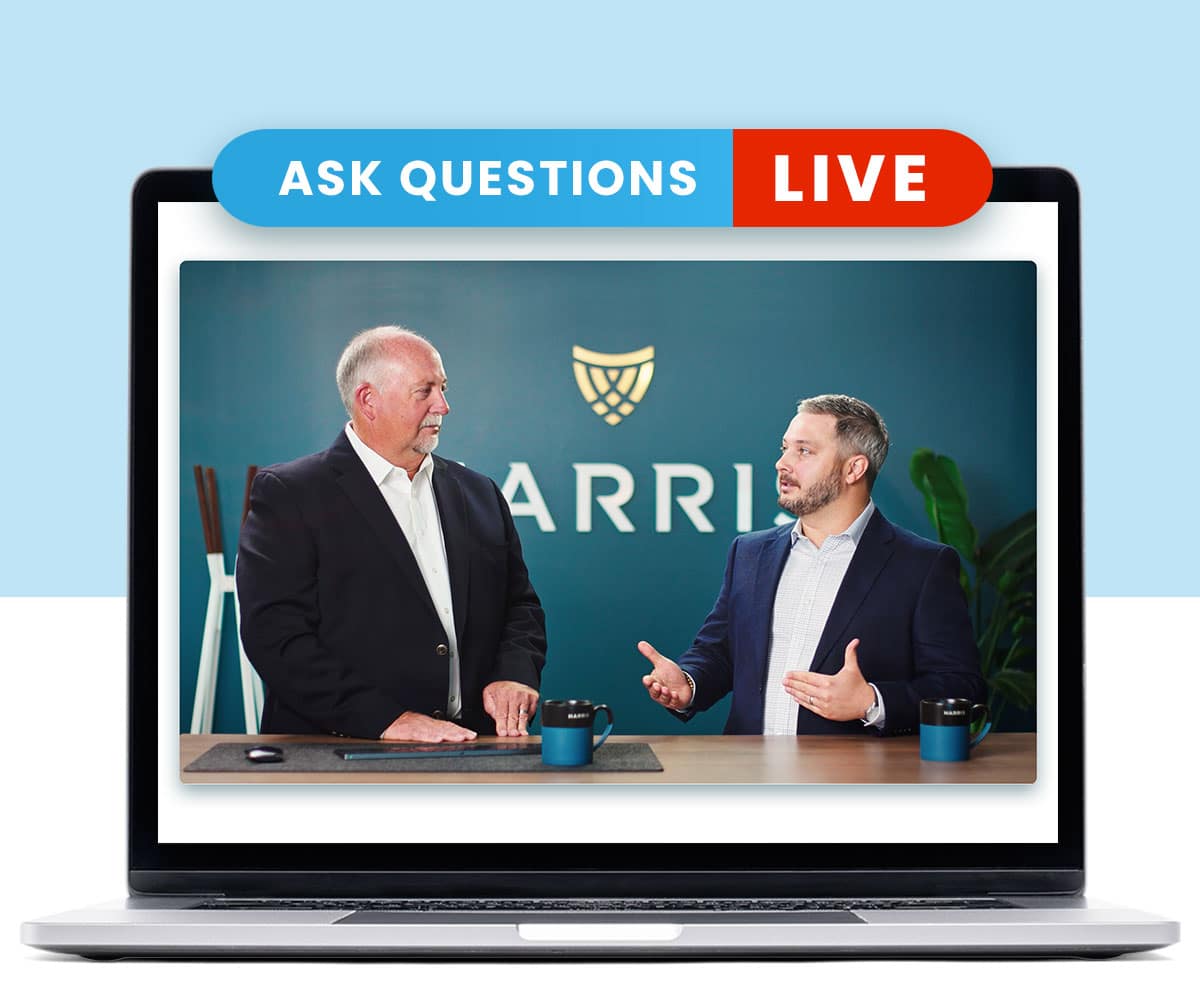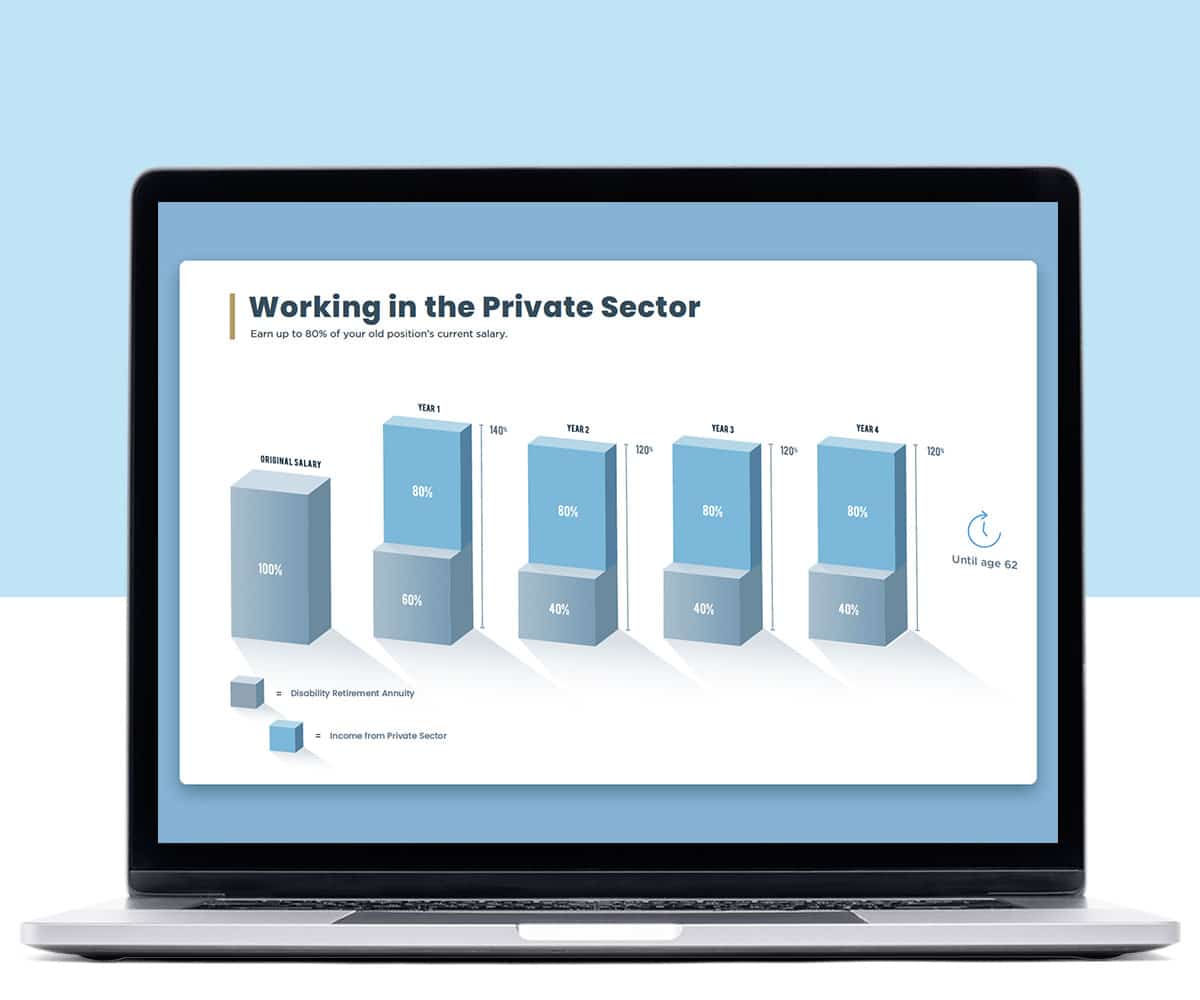 Rep. Barbara Comstock (R-Va.) is once again trying to push for a paid parental leave program for federal employees. She recently introduced the Federal Employees Paid Parental Leave Act of 2018, which would provide up to 12 weeks for birth, adoption, or fostering of a new child.
Rep. Barbara Comstock (R-Va.) is once again trying to push for a paid parental leave program for federal employees. She recently introduced the Federal Employees Paid Parental Leave Act of 2018, which would provide up to 12 weeks for birth, adoption, or fostering of a new child.
“I don’t want that brilliant researcher to say, ‘I’m not going to come work at NIH, because what if I want to have a baby and they don’t provide me that paid leave?” Comstock said. “We want to make sure we’re attracting that talent and having the best and brightest working in government.”
Advocates of this kind of program estimate agencies could save as much as $50 million a year in turnover, training, and human resources cost.
In the private sector, employees who have access to paid parental leave are more likely to return to their jobs after the birth or adoption of a new child. However, women in the federal government are not more likely to return to their jobs.
Jessica Klement, staff vice president for advocacy at the National Active and Retired Federal Employees (NARFE) Association, said female federal employees of childbearing age—here, 30-44—are 31% more likely to leave their government jobs than men of the same age.
“This is a time when people should be settled in their jobs, and we see that’s less true for women, in part, because of these issues,” Kevin Miller, sr. researcher for the American Association of University Women said.
It’s already tough for agencies to recruit and retain young talent. Only 6% of the federal workforce is under age 30, while roughly 40% of the workforce is eligible to retire within the next 3 years.
“The federal government has a recruitment problem,” Klement said. “We have to do something to recruit new employees, younger employees into the federal workforce. Study after study of the younger generation shows that they value work-life balance in ways that the generation before them didn’t. There’s actually a demand for more work-life balance, more workplace flexibilities, and for policies like paid parental leave.”
Comstock introduced similar bills in the past authorizing 6 weeks of leave. That legislation passed the House back in 2009 but never made it to a vote in the Senate.
“It was 6 weeks and I guess the thinking was…that’s pretty good, that’s better than nothing,” Comstock said. “But as we know, 3 months or even 4 months has really become the standard among businesses. If I were going to work at one of our major defense contractors, any large company…we would have 3 months of paid leave.” She went on to say, “If we’re going to have this fight and we’re going to really push to get this, why do it for 6 weeks instead of 12, and then we’ll be back here asking again?”
Federal employees have a right to unpaid parental leave, but there’s no government-wide policy that guarantees paid leave for new mothers and fathers. Federal employees can carry over sick leave from year to year, however, it doesn’t leave young families many options if their sick bank is completely empty after the birth of a child.
The perception is that federal employees have a very generous pay and benefits package and the fact that there’s not paid parental leave contradicts that.
“This is a bill that provides a benefit for federal employees, a common benefit in the private sector,” Klement said. “This is not necessarily an environment in which people want to be on record voting for a positive benefit for federal employees.”
If you are a federal employee struggling with a disability, paid and unpaid leave options may appear to be the only option you have. But Federal Disability Retirement is a benefit available to every career FERS federal employee who is struggling with a disability that is preventing them from performing all of the essential functions of their job. Utilizing your leave options may be beneficial to your case in the long run. Learn more about Federal Disability Retirement and how leave without pay can benefit your case!


